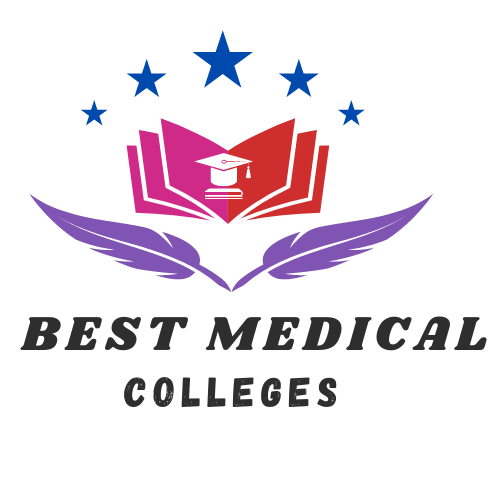Medical education is often regarded as one of the most challenging and rewarding paths a person can undertake. It demands unwavering commitment, perseverance, and a willingness to sacrifice. From the initial stages of pre-medical studies to the intense rigors of medical school and beyond, those who choose this path commit to a life of continuous learning and selflessness.
The Journey Begins: Pre-Medical Studies
For aspiring doctors, the journey begins long before medical school. Pre-medical studies require a strong foundation in sciences, including biology, chemistry, and physics. Students often balance a demanding course load with extracurricular activities, volunteer work, and internships in medical settings. This period is crucial for developing a robust academic record and gaining the experience needed for medical school applications.
The Rigors of Medical School
Entering medical school marks the beginning of an intense and transformative experience. Medical students are immersed in a curriculum that covers a vast array of subjects, from anatomy and physiology to pharmacology and pathology. The sheer volume of information requires exceptional time management and study skills.
Medical education extends beyond the classroom. Clinical rotations expose students to real-world medical practice, where they learn to apply their knowledge and develop clinical skills. These rotations are often grueling, with long hours spent in hospitals and clinics, and little time for personal pursuits.

Residency: The Next Level of Sacrifice
After graduating from medical school, the next step is residency, where newly minted doctors train in their chosen specialties. Residency programs are notorious for their demanding schedules, often involving 80-hour workweeks. Residents are responsible for patient care, performing procedures, and continuing their education through lectures and conferences.
The intense workload and high-stress environment of residency can take a toll on personal life. Many residents struggle to find time for family and friends, and self-care often takes a backseat. However, this period is essential for honing clinical skills and gaining the experience necessary to practice independently.
The Long-Term Commitment to Continuous Learning
Even after completing residency, the journey of medical education is far from over. Physicians must stay current with the latest advancements in medical science and technology. This requires a commitment to lifelong learning through continuing medical education (CME), attending conferences, and participating in professional organizations.
Maintaining certification and licensure also involves periodic examinations and assessments. This ongoing process ensures that physicians provide the highest quality of care to their patients and adhere to the latest standards and guidelines.
Balancing Sacrifice and Reward
While the path of medical education is undoubtedly one of sacrifice, it is also one of immense reward. The opportunity to make a profound difference in patients’ lives, the intellectual stimulation of diagnosing and treating complex medical conditions, and the respect and trust bestowed upon physicians are unparalleled.
For any website design contact me
Medical professionals often reflect on their journey with a sense of pride and fulfillment, knowing that their sacrifices have led to a career that is both challenging and deeply meaningful.

Conclusion
Medical education is not just a career choice; it is a calling that demands a life of sacrifice. From the early days of pre-medical studies to the ongoing commitment to continuous learning, those who pursue this path dedicate themselves to the service of others. The journey is arduous, but the rewards are profound, making it a noble and fulfilling profession.



